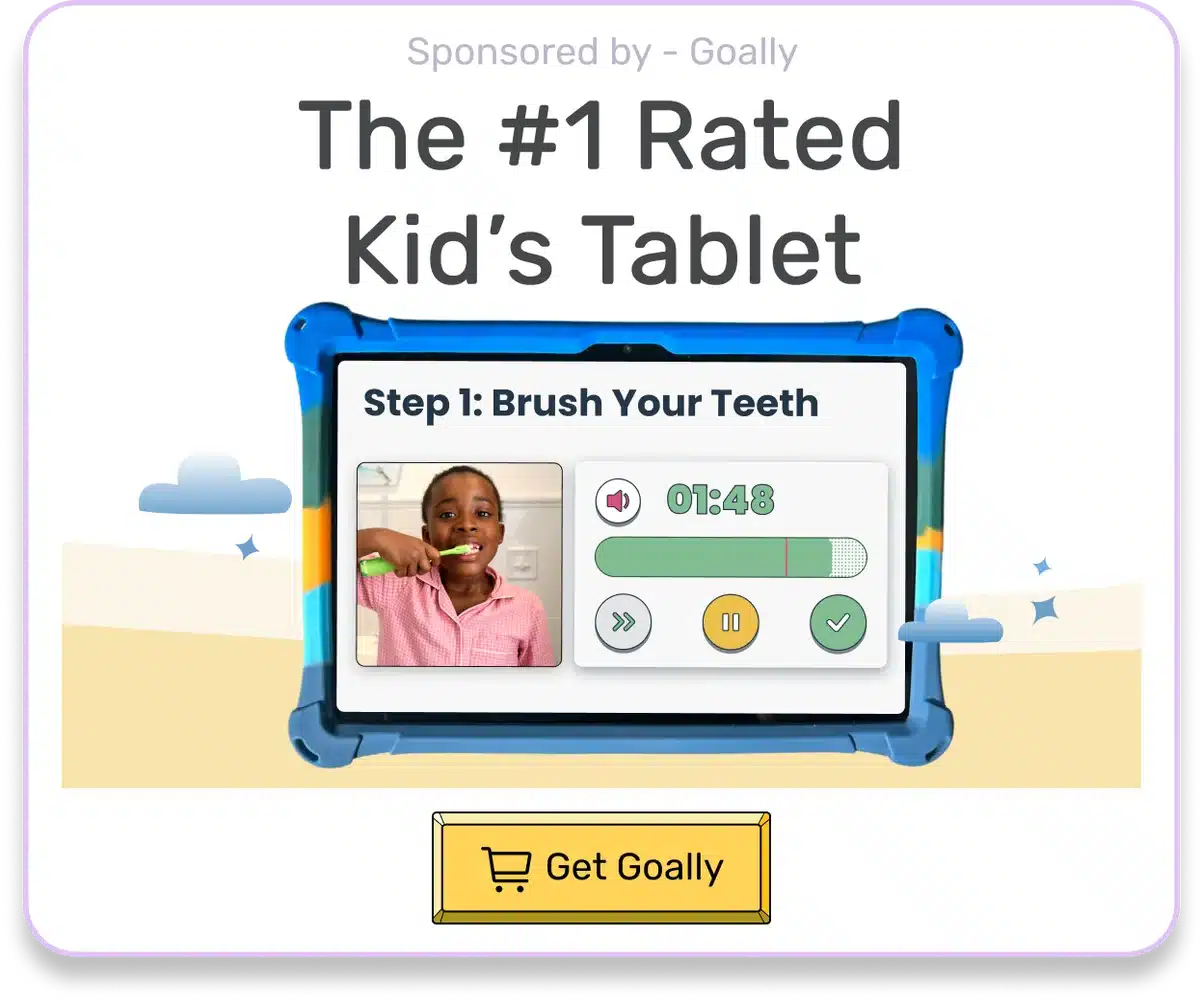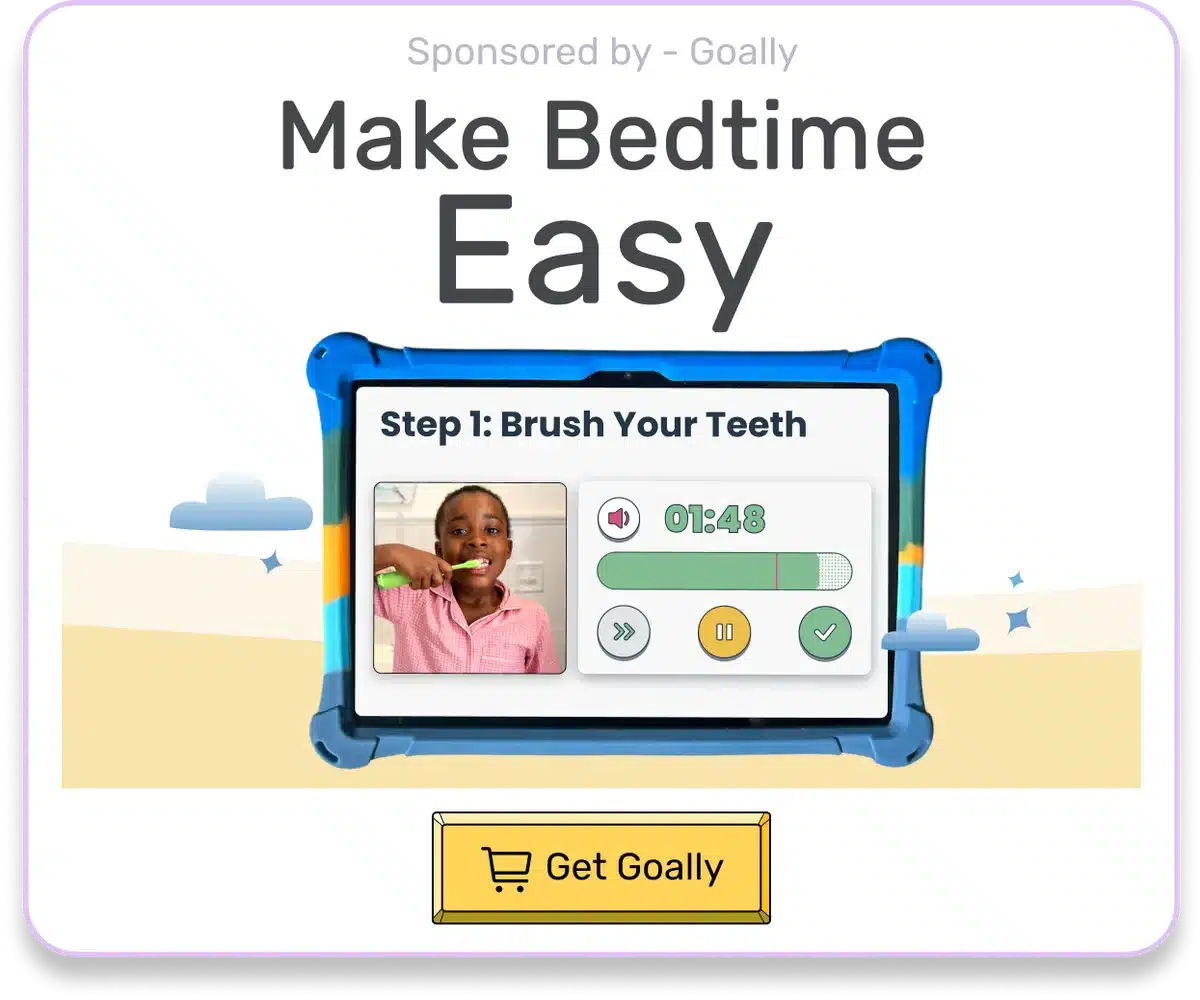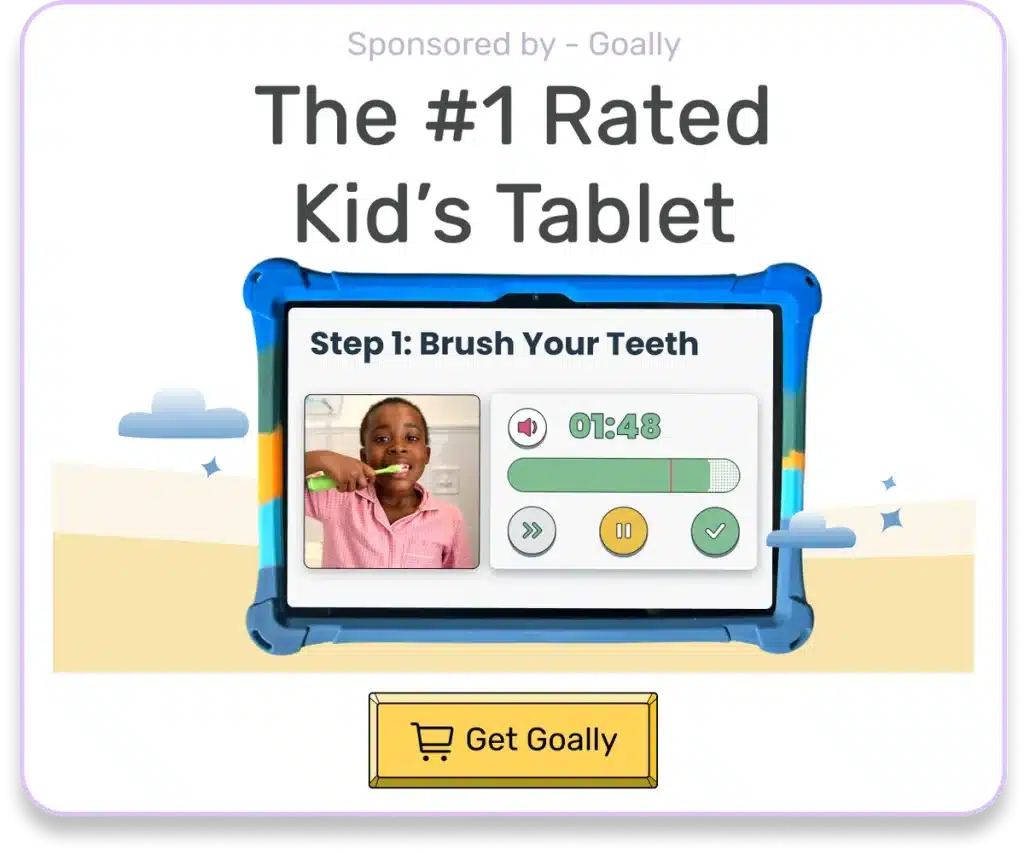Has your neurodivergent kid been prescribed ADHD medication, and you’re wondering, “What does ADHD medication do?” You’re not alone. Many parents have the same question. This blog post will explore the world of ADHD medications, how they work, their benefits, and possible side effects. So, let’s dive into the science behind these powerful little helpers!
Table of Contents
Unraveling the Mystery: What Does ADHD Medication Do?
ADHD medications mainly work by increasing certain chemicals in the brain called neurotransmitters. These neurotransmitters, like dopamine and norepinephrine, help with attention, focus, and self-control. By boosting their levels, ADHD medications help kids with thinking and learning differences manage their symptoms, and improve their overall functioning.
Understanding how these medications work can be tricky, so let’s break it down. Imagine your brain as a busy highway with cars (neurotransmitters) traveling back and forth. ADHD medications help increase the number of cars on the road, making it easier for messages to travel between different parts of the brain. This improved communication helps kids with ADHD stay focused and in control.
Goally | The Safest Tablet for Kids

The Two Main Types of ADHD Medications
There are two main categories of ADHD medications: stimulants and non-stimulants. Let’s take a look at each type:
1. Stimulant Medications
- Most commonly prescribed for ADHD
- Examples: Methylphenidate (Ritalin, Concerta) and Amphetamine (Adderall, Vyvanse)
- Work by increasing dopamine and norepinephrine levels in the brain
- Fast-acting with noticeable effects within 30 minutes to an hour
- Available in short-acting and long-acting forms
Stimulant medications are often the first choice for treating ADHD because they have proven effective for many kids. However, it’s important to remember that every child is different, and what works for one may not work for another.
2. Non-Stimulant Medications
- Prescribed when stimulants don’t work well or cause significant side effects
- Examples: Atomoxetine (Strattera), Guanfacine (Intuniv), and Clonidine (Kapvay)
- Work through different ways, such as stopping the reuptake of norepinephrine
- Slower to start working, with effects usually noticeable within a few weeks

Read more: Autistic Medication for Kids
Non-stimulant medications can be a good alternative for kids who don’t respond well to stimulants or experience severe side effects. They work differently than stimulants but can still help improve focus and self-control.
Benefits of ADHD Medication: A Game Changer for Neurodivergent Kids
When it comes to managing ADHD symptoms, medication can be a game changer for many kids with thinking and learning differences. Here are some of the benefits that ADHD medications can provide:
- Improved Focus and Attention: ADHD medications help kids stay on task and concentrate better, making it easier for them to finish schoolwork and other activities.
- Better Self-Control: By increasing neurotransmitter levels, these medications can help kids with ADHD resist distractions and think before they act.
- Enhanced Social Skills: With improved focus and self-control, kids may find it easier to navigate social situations and build stronger relationships.
- Increased Self-Esteem: As kids experience success in school and social settings, their confidence and self-esteem can grow.
- Reduced Parental Stress: When kids with ADHD are better able to manage their symptoms, it can lead to a more peaceful home environment and less stress for parents.

Read more: How to Help a Child With ADHD Without Medication
It’s important to remember that while medication can be a powerful tool, it’s not the only solution. A combination of medication, therapy, and support can help kids with ADHD thrive.
Potential Side Effects: What Parents Need to Know
While ADHD medications can be very effective, they may also have potential side effects. Parents need to know about these side effects and watch their child’s response to the medication. Some common side effects include:
- Decreased appetite
- Insomnia or sleep problems
- Headaches
- Stomachaches
- Irritability or mood swings
- Increase in heart rate or blood pressure
Most side effects are mild and tend to go away over time as the child’s body gets used to the medication. However, suppose side effects continue or become severe. In that case, it’s important to talk with your child’s healthcare provider to discuss possible medication changes or dosage changes.

It’s also a good idea to keep a journal of your child’s symptoms and side effects. This can help you and your child’s healthcare provider track progress and make any necessary adjustments to the medication plan.
Finding the Right Fit: Trial and Error is Key
Finding the right ADHD medication is a journey, not a single decision. It takes collaboration between you, your child, and your healthcare provider. Different medications have varying effects on each person. Be patient while working with your child’s doctor to monitor progress and fine-tune the medication or dosage. Open communication is key to finding the best possible support for your child.
Try Goally For Your Child With ADHD
Goally helps kids with ADHD stay focused and build skills. Unlike a Kindle or an iPad that kids get easily distracted on, Goally has no YouTube, no social media, no web browser, and especially no ads.
Goally uses game play as a points-based motivator for your kiddo with ADHD and helps them learn emotional regulation skills. It’s simple to set up and has an expert-informed design.

Empowering Your Neurodivergent Kid with ADHD Medication
So, what does ADHD medication do? In short, it helps kids with thinking and learning differences manage their symptoms by increasing neurotransmitter levels in the brain. While there may be potential side effects, the benefits of ADHD medication can be life-changing for many neurodivergent kids. By working closely with your child’s healthcare provider and staying informed about the different medication options, you can help empower them to reach their full potential. Remember, you’re not alone on this journey. Plenty of resources are available to help you and your child navigate the world of ADHD medications. Stay informed, ask questions, and trust your instincts as a parent. Together, you can help your child thrive.
FAQ’s About What Does ADHD Medication Do?
How does ADHD medication help? ADHD medication works by increasing levels of certain brain chemicals (neurotransmitters) that play a role in focus and impulse control. This can help reduce hyperactivity, improve attention span, and lessen impulsive behaviors. Does ADHD medication change personality? No, proper ADHD medication shouldn't change your child's personality. It aims to help them better manage their ADHD symptoms, allowing their true personality to shine through. Are there different types of ADHD medication? Yes, there are two main categories: stimulants and non-stimulants. Your child's doctor will determine the best type based on their individual needs and responses. How long does ADHD medication take to work? Stimulant medications often show effects quickly, sometimes within hours. Non-stimulants may take several weeks for noticeable improvements. Will my child need ADHD medication forever? Not necessarily. ADHD medication needs can change over time, and some individuals learn to manage their symptoms effectively without medication through other support strategies.
This post was originally published on 04/19/2023. It was updated on 03/21/2024.

Goally
We help parents teach their kids life skills, like doing bedtime and morning independently. Backed by science, we incorporate evidence-based practices and expert-informed designs in all of our apps and content.





